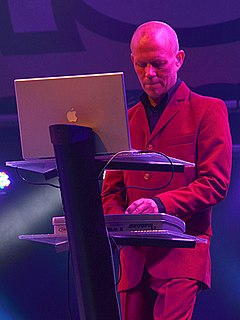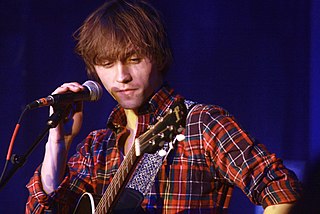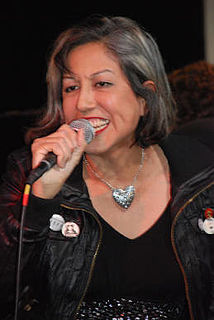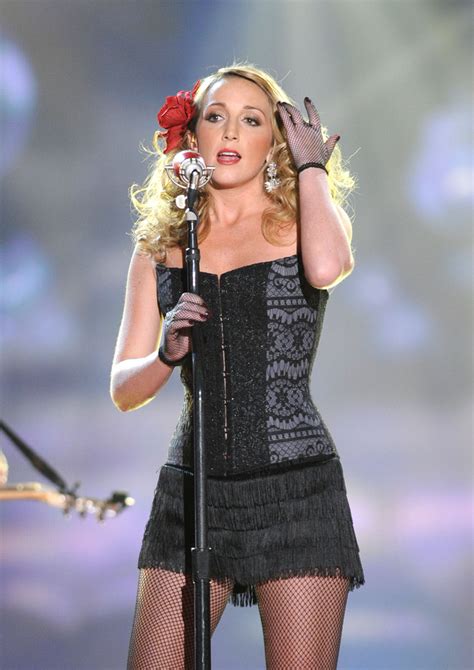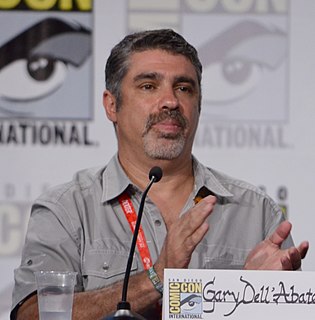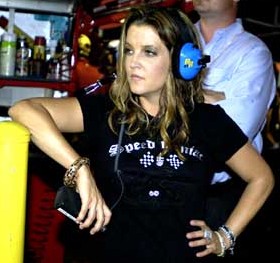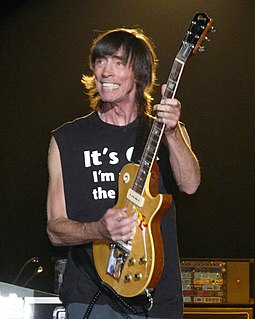A Quote by Tim McGraw
Everybody loves a sad ballad because it's cathartic. For artists, in a lot of ways, that's sort of our therapy sessions is when you're singing a song.
Related Quotes
With a track like 'White Christmas,' everybody has done that song in every format you can imagine, so I just looked at the chords at that particular song and what chords would make it work. That's kind of quite a sad song, and I had this idea of someone singing it in the subway, someone who is homeless, old and sad.
I'm sort of old-fashioned in the sense that I like to write something that I feel I could just perform alone, obviously, because I do that a lot in concert. So I try to make a song where there is as much that is as distinct as I can get it, just if I'm playing it or if I'm singing it. That makes me really do a lot of stuff in the guitar work when I sit and try to figure out how to indicate what sort of dynamic I'm aiming for. Where, rhythmically, I want to go. That's sort of what ties a lot of different records together, is that it's usually always based around me singing and playing a guitar.
I just wanted to finally release something that sounded really fun, and 'Must Be Love' is that song! I'm telling you, I went to the Philippines and sang that live for everyone, and everyone was singing along, and I thought, 'Wow!' Everyone was singing this song back to me because everyone loves love.
I was full of energy, and I had a lot of bottled up rage that would come out in my stage performances. It was therapy sessions for someone who couldn't afford to go to therapy, a way to release my frustration, my inhibition. When I was little, growing up in an abusive household, I felt like I didn't have a voice. Suddenly I was on stage and people were watching me and listening to me, so even if I was singing about something that didn't have to do with abuse, when I was on stage I could express all of the anger, the rage.
When I write a song and come up with an arrangement and a vocal part, it's always a challenge trying to find a singer who can interpret it sort of the way that I hear it, and it's a very difficult thing to do. I mean, singing is like playing an instrument - everybody does it a little bit different - singing maybe even more so.
Musically, though, you're a character and you're singing a song. If you're not your own character, you're the character in the song, most of the time. Even blues musicians, a lot of them who were the most realistic, at times, they were singing a song and portraying a character in the song. There's something to be said for getting involved in the emotion of a song, too, with the characters.
I actually produced other people's vocals for a long time when I first signed my publishing deal and I had just sort of decided that I only wanted to be a writer. I would be in all of these writing sessions, and a lot of times my publisher would say, "You should get a demo singer to sing it because then it doesn't identify as a Solange song."

